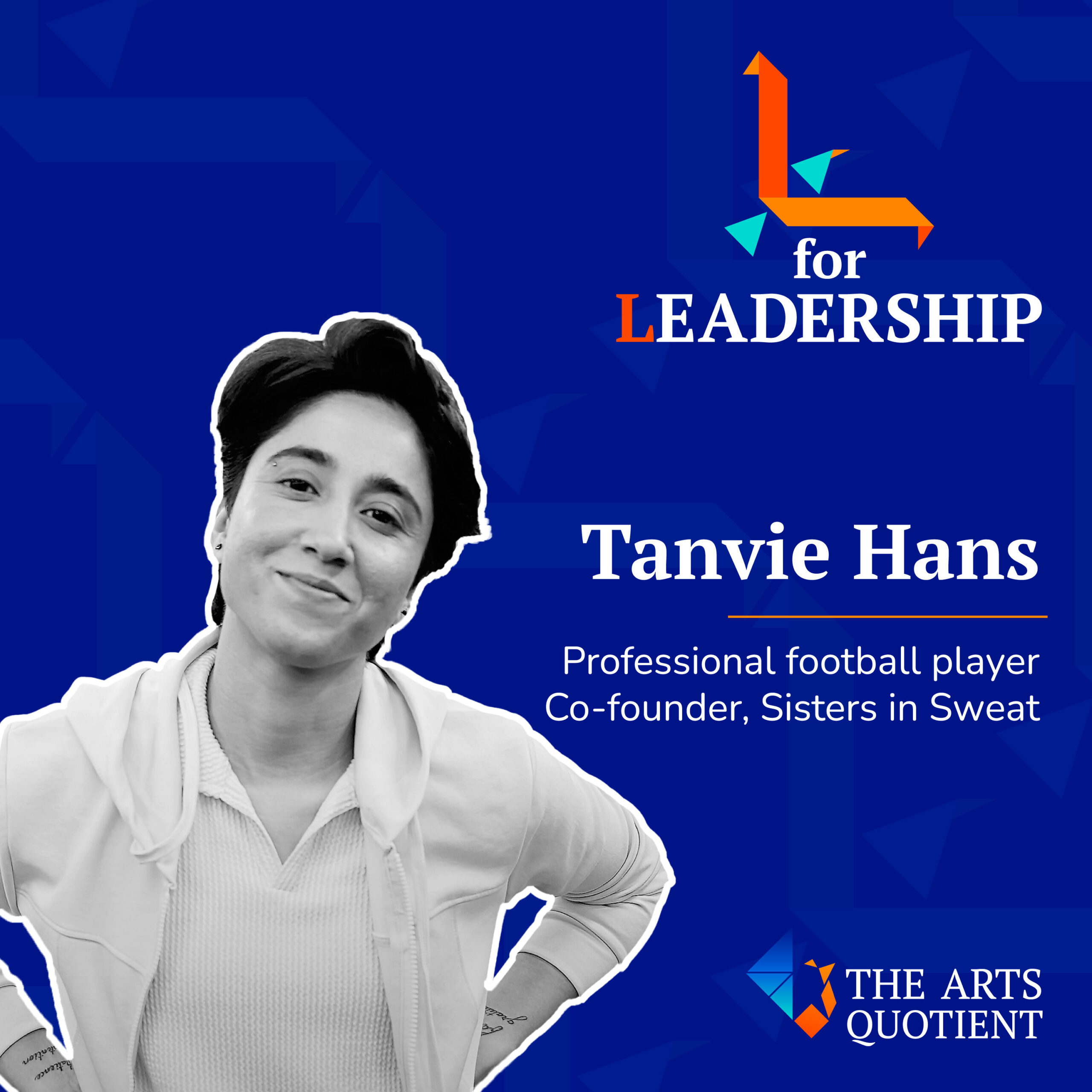Authenticity refers to being true to oneself, genuine, and sincere in one’s words, actions, and intentions. It involves living and acting in accordance with one’s values. Authentic leaders lead from a place of self-awareness, transparency and integrity. They are honest about who they are. But does this mean that such leaders cannot adapt to the needs of different situations? Or that those who do adapt and behave differently in different situations are inauthentic? This is an issue many leaders grapple with. Interestingly, actors have to confront the same questions as they essay different roles, some of them far removed from who they are as individuals.
As an actor, I frequently wonder how I can “be” the character I am playing. Does it mean entirely letting go of my own personality and transforming chameleon-like into this other fictitious person? Or do I have the space to bring something of what I am, drawing elements of the character from within myself? I am terrified by the idea of not being an authentic actor.
For instance, I once had to perform in a play where I had to portray the protagonist’s mother, whose child eventually dies. If I have never even had a child in real life, how am I supposed to convey the feelings a parent goes through after losing a child? Will I ever be ready for every role that comes in my life, given that I have had and always will have limited experiences?
Irrfan Khan is always remembered as one of the most authentic actors of his generation. He was known for his ability to connect with his characters on a deep level, often drawing from his own personal experiences to bring a sense of authenticity to his performances. He has seemingly effortlessly played the hero and the villain, the romantic and the stoic, the humorous and the tragic. The success of each story depends on his audience buying into the persona he dons. And it only works when there is something real that connects to the audience at a deeper level. Each actor has their own ways of navigating this vital issue.
Here are some things I’ve learned as an actor over time. They assist me in donning a mask as truthfully as I can:
1. Research:
Know yourself, to know others – Conor Mcgregor.
Research has two parts to it – one that explores the world of the character to be played, and one that dives into the self – how I feel about inhabiting that space. If my character is an extrovert and I am not, how do I feel about being more gregarious, outgoing and talkative? If my character has responded to an injustice with a passive attitude and I have never really felt wronged, how can I find a way to relate to that?
Through character research, you can learn more about yourself and your role, and you might even find facets within yourself that surprise you!
For leaders also, leadership is a role that they play, one of many roles in fact. Understanding their role and what is expected of them is one half of the journey. The other half is about knowing what drives them personally. Finding a way to align the two will enable them to assess their readiness for the leadership role, as well as what they uniquely bring to it.
2. Knowing the job:
Actors have to plan their approach after researching both the character and themselves. At this stage, actors decide what tools and techniques they are going to use in building character. For example, they may opt for ‘method acting’ by drawing on their own emotional memories or simply accept the given circumstances and believe in them. They might experiment with their body language and voice to get closer to the character and its world. Proficiency and familiarity with the chosen tools and techniques enhance the actor’s ability to portray the character convincingly.
Similarly leadership is not just an innate quality that some people are born with. Instead, it is a craft that can be honed and mastered with time and practice. Effective leaders continuously work on improving their communication, coalescing people towards a shared goal, decision-making, problem-solving, and conflict-resolution abilities. They also focus on developing their emotional intelligence, empathy, and resilience, which are essential skills for leading and inspiring others.
3. Improvise or Lead with the Heart:
No matter how well you learn your lines, acting is a skill that requires spontaneity and playfulness. Improvisation is necessary, and in plays with multiple performances, surprising a co actor always results in lovely moments on stage.
Leadership requires one to be present in the moment and take brave decisions responding to what the situation demands. While possessing the appropriate skills is important, each circumstance is unique and the changing nature of work may necessitate relying on intuition and leading with the heart rather than following predetermined guidelines. There may be instances where conventional rules do not apply and authentic leaders must trust their instincts to navigate uncharted territory.
Aspiring to be an authentic leader can seem larger than life and daunting. However, re-focussing on one’s fundamental values, mastering essential leadership skills and embodying the right behaviours and attitudes, can help new and seasoned leaders fill that role more authentically. Authenticity is a journey, not a destination and it can be a very enriching one for each leader to travel.
About the Author:
Vrinda Malhotra has a background in the performing arts. Having trained in acting and theatre-making from Drama School Mumbai, she has done her B.Sc from the University of Delhi. At TAQ, she works on content development and delivery of workshop

